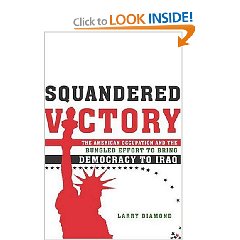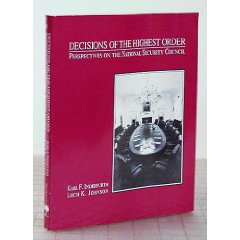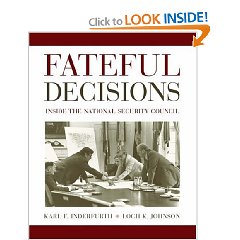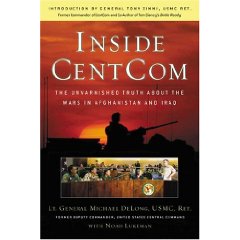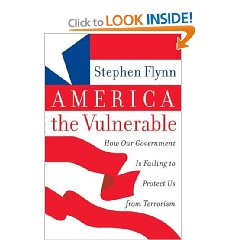While some reviewers are critical of this author for representing all that is wrong with our post-war approach (he doesn't speak Arabic and knows nothing of the Middle East) I do not hold that against him–he tried to help, and he was the best we had. It is the fault of a long series of US Administrations, and multiple generations of Congress, that have chosen to ignore the real world and to short-change American education to the point that we are literally clueless as a Nation about the real world and how billions of people in the real world hold mixed feelings about America: admiring much of what we represent, while despising our immoral corporate and unilateral government behavior.
The U.S. Army, both before the war and in the post-reconstruction period–and the Strategic Studies Institute of the U.S. Army–come out of this book looking very professional. The Army got it right, both in its pre-war estimates of what would be needed, and in its post-war recommendations. The author places the blame for the post-war deaths and disasters squarely at the feet of a naive President that empowered a Secretary of Defense inclined to go light, and side-lined a Department of State whose own intelligence estimates on Iraq have been consistently superior to those of either the Central Intelligence Agency or the Department of Defense.
I put this book down with a heavy heart, coincident with Secretary Rumsfeld announcing that we will be in Iraq and be taking losses for another twelve years. The good news is that Iraq will over time achieve its own balance, its own form of democracy. The bad news is that, as Winston Churchill has said so famously, “The Americans always do the right thing–they just do it last (after making every other possible mistake).”
See also:
The Looming Tower: Al Qaeda and the Road to 9/11 (Vintage)
Hubris: The Inside Story of Spin, Scandal, and the Selling of the Iraq War
Imperial Hubris: Why the West Is Losing the War on Terror
Blind Into Baghdad: America's War in Iraq
Secrets and Lies: Operation “Iraqi Freedom” and After: A Prelude to the Fall of U.S. Power in the Middle East?
Fiasco: The American Military Adventure in Iraq
Blood Money: Wasted Billions, Lost Lives, and Corporate Greed in Iraq
Web of Deceit: The History of Western Complicity in Iraq, from Churchill to Kennedy to George W. Bush
Imperial Life in the Emerald City: Inside Iraq's Green Zone (Vintage)

